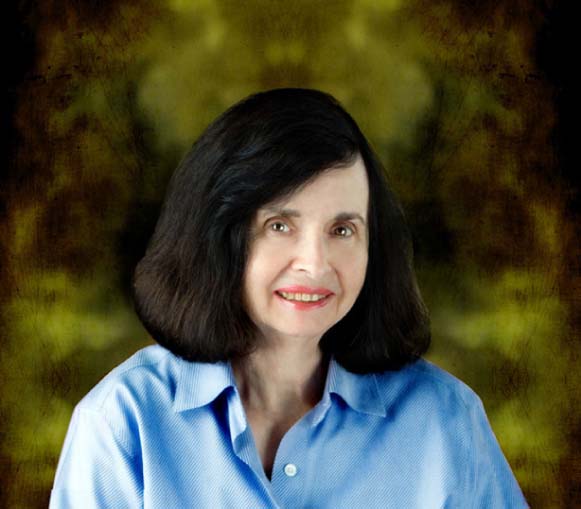About

JAN SURASKY is a former book reviewer, movie reviewer and entertainment writer for a San Francisco daily newspaper. Her many articles and short stories have been published in national and regional magazines and newspapers including Country Living, Country Woman, and The Artist’s Magazine.
She grew up in upstate New York. She is a graduate of Cornell University with graduate study in English literature at the University of Rochester. She has taught writing at the literary center Writers and Books and a number of area colleges in upstate New York.
Her novel Rage Against the Dying Light was a finalist in the Eric Hoffer Book Award for Fiction, her novel Back to Jerusalem was the winner and grand prize finalist in the Eric Hoffer Book Award for Fiction, the winner of the Pacific Book Award for Fiction, a Kirkus Featured Review and a US Review of Books recommended selection. Her novel The Lilac Bush is Blooming was the winner of the Pacific Book Award for Fiction, a finalist in the San Francisco Book Festival and a finalist in the Hollywood Book Festival.
She lives in upstate New York.
On Writing
When did you decide to become a writer?
It was never a conscious decision. I have wanted to be a writer since I can ever remember. I formulated my first story in third grade in my head but never wrote it down because we hadn’t gotten to cursive writing yet.
What inspired you to take up writing?
Perhaps the books I read and the fact that the librarian at the local library branch let me browse the books myself. I was an avid reader as a child interrupted only by baseball games and the usual childhood games out on the street with the neighborhood gang. The only unhappy thought I had when it came to books was that as I stood in the library and looked around as a child and saw the shelves and shelves of books it dawned on me that I would never be able in a lifetime to read them all.
What authors have you been inspired by?
Alas, I’m sure there have been many. But, the ones who come to mind are the beautiful books I read as a child like Louisa May Alcott’s Little Women and Frances Hodgkin Burnett’s The Secret Garden. And, some who are not so famous who have written the delightful books of childhood. The authors, known and unknown, of the fairy tales I read and loved the most. As an adult I would say first Thomas Hardy whose bittersweet books of beauty and tragedy lingered with me as a true reflection of life, Ernest Hemingway for sure because of his power, Erich Maria Remarque for the beauty of his tales, and so many others. Also, no one in literary history knows character better than Shakespeare.
What are your writing habits?
I write every day. I edit as I go along. I read the day’s work over and edit again and again and again. If I am stuck on a word or a phrase or paragraph that I can’t seem to fix I will leave it on my desk and often take weeks working on it every day until I come up with the wording I want. For the last sentence of each of my last two novels I wrote and discarded sentences for several months until I got it right.
Do you outline your novels before you write?
Alas, I wish. But, unfortunately that doesn’t seem to be my style. I know the first sentence and I know how the book will end. I know the main character and perhaps another main character or two and I know the setting. I know vaguely some of the things that will take place. And, with that I set out to tell their story. But, I am just as surprised as the reader as to what will happen next or what characters and sub characters will enter the novel.
Your novels all have strong heroines who step outside of the norms of their times. Is that intentional?
Not really. I suppose that is a reflection of the author. I have never cared for traditions that typecast anyone and seem to have broken through some of them myself.
Further reflections?
I have tried to bring something different to each of my books. My first book was plot driven, my second dialogue driven, and my third and fourth character driven. Three were third person point of view and one first person point of view. In The Sound of Unheard Melodies I employed sparingly simile and personification. To me it keeps the writing fresh and makes the process not only a journey but an adventure.
What are your goals for writing fiction?
I believe fiction should entertain, it should transport the reader to another world, it should perhaps inspire the reader to make beneficial changes for themselves and even further the world. A teacher of mine in the early grades explained to the class that fiction is a search for the truth. I have always held onto that because I believe in it. But, to echo the words of a writer promoting his book on a TV ad I wouldn’t be doing my job if I didn’t move you.
What advice would you give to aspiring writers?
Hang in there, be true to your work, believe in it and never, never give up. Keep lots of chocolate chip cookies on hand in case all else fails.
